“Monarchy degenerates into tyranny, aristocracy into oligarchy, and democracy into savage violence and chaos”
- Polybius
Second war with Epirus 220 BC - 214 BC
The Roman Empire, by Wolfgang Schreier, Bonn 2003
Once the Romans left Polyanthes Aiakides, the king of Epirus, to do as he pleases, he immediately began preparing for a new offensive against Macedon. In late 219 BC he attacked and beat Antigonus Amynous once again in 218 BC at the battle of Berora much to the displeasure of the Romans. In the same year the Senators of Rome agreed to attack Polyanthes once again and a year later a Roman legion embarked over the sea to Epirus.
The map shows the world in 220 BC and the Roman camapigns in Epirus. Note that the Romans only campaigned in the Epirus homeland.
Polyanthes had reinforced Epirus since he knew that the Romans might eventually attack, so in 217 BC it came to the battle of Epidamnos under the Roman consul L. Aurelius Cotta. Though the Romans suffered notable casualties the maniple system proved to be flexible enough to overcome the Greek phalanx.
Roman Hastati outflanking a Phalanx, due to their better mobility.
At the same time the war with Carthage in Spain was making hardly any progress for the Romans until 217 BC Cn. Aurelius Cotta, the brother of the victor at Epidamnos seized the Carthaginian city of Arsé. Lucius Cotta was assassinated in the same year, while Cnaeus died of natural causes a year later. The war in Spain stalled again.
A history of Rome, by Prof Alfred Kennard, 2002 New York
In the year 216 BC the Romans won the important sea battle of Thiro against the Carthaginians, securing sea superiority in northern Mediterranean Sea. The battle actually consisted of three separate sea engagements in over two weeks. The Carthaginians tried to flank the Roman fleet with faster ships, but the Roman tactic of boarding enemy ships with ground troops proved to be superior. In total the Romans lost 45 ships, while the Carthaginians lost about 90 ships. This victory secured the vital sea trade and transportation of troops to Spain.
This map shows a reconstruction of the Battle of Thiro. 1) The Roman fleet under Admiral Decimus Papirus Turdus gets attacked near the port of Thiro by the Carthaginian Admiral Bodinelquart. After his defeat Bodinelquart retreats and regroups to the west. A few days later Turdus gets attacked at 2) again by Admiral Tabnit with the main fleet, but this battle is indecissive. The Romans move further west where Tabnit atacks with his mainfleet at 3) again.Bodinelquart regrouped at 4) and moved to the battle trying to flank the Romans. Though the Romans suffer signifianct casualties, they are able to rout the enemy fleet.
Meanwhile the tide seemed to turn for the kingdom of Epirus. The assassinated Roman Consul Lucius Aurelius Cotta was replaced by the new consul Cnaeus Pomponius Titus. Apollodoros Aiakides, the brother of the King of Epirus Polyanthes Aiakides, destroyed a Roman army in the battle of Toryne. Unfortunately only fragments of the historical sources concerning this battle survived but it is clear that poor Roman leadership lead to the loss of 15.000 Roman lives.
This defeat led to a change in the Roman military system. Soldiers were now divided into the three existing military groups (Hastati, Principes, Triari) by age and experience rather then by wealth. While not a revolutionary reform, this change was an important step to ensure the necessary military strength needed to fight in foreign regions like Greece and Spain.
With the defeat at Toryne the Romans were caught off guard. But the RomanRepublic had access to a vast amount of military manpower and a year later another Roman legion landed at the shores of Epirus.
It is said that the Aiakides brothers had a dispute over the war with the Romans since the kinghimself, unlike his brother, had not yet won a single battle against them though he had beaten the Macedons time after time. King Polyanthes Aiakides feared loosing support to his brother who had smashed the Romans last year. So he decided for a swift and quick attack against the Roman legion under the command of Consul Publius Claudius Nero while they were still on the shore. As we have seen before the Romans lacked experienced and talented leaders during this period. Polyanthes moved with his troops against the Roman encampment where it came to the battle of Cassope in 215 BC
Battle of Cassope 215 BC - A battle with poor leadership for the Romans
Greek cavalry trying to punch through the Roman lines.
The Romans had the high ground and the numbers to hold the line. Without outflanking this formation the Epirotes are not able to break through the enemy.
Polyanthes was one of the best military leaders of his times and his troops where experienced, but the Romans had the high ground and more troops. During the battle Polyanthes was killed trying to manoeuvre his troops around the Roman flank. With his demise the troops where unable to complete the manoeuvre, thus the Romans remained in advantage over the Epriotes and eventually won the battle. The Romans lost about 5.000 soldiers, while Polyanthes lost his own life and 15.000 soldiers. According to Silanos the victory at the battle of Cassope was a surprise to the Romans, since they did not believe they could win the war against Polyanthes in a single battle.
Despite the dangerous situation, the royal guard fought the Romans bitterly to the last men - a fact that the Romans were proud to defeat such a tough enemy.
With the destruction of the Epirote army the Romans quickly moved to the city of Epidamos where Apollodros Aiakades held out. In the same year the consular army stormed the city and took Apollodros prisoner.
The following year, 214 BC Polyanthes son, Xanthippos Aiakades, now legitimate heir to the throne, met with the Romans to discuss the term of peace. With the whole of Epirus in the hand of the Romans, the king being dead and his brother being shipped to Rome in chains Xanthippos did not have any trumps to come to reasonable terms with the Romans. Xanthippos went to exile to the Seleucid Empire to the east. Epirus became Roman province and the Macedon King Antigonus III was restored in Greece. Apollodros Aiakades, the victor over the Romans in the battle of Toryne, was publicly executed during the triumph of Publius Claudius Nero.
It can be questioned why the Romans bothered so much with Epirus in the first place. Land hunger and military expansion cannot be the reason, since they did not try to gain any land when they first landed in Epirus in 220 BC. If we are to believe Fabius, the Romans felt a moral obligation to help the Macedons since the Romans allied themselves with them. From their perspective Polyanthes was a problem that was troubling the Roman-Macedon agreement and they just wanted to solve this problem and goy away again. Since Polyanthes did not stand to his word and attacked the Macedons again he had to be removed completely. To ensure further aggression from the king Romans dissolved the throne and made it Epirus into a province so that no one else could take control over Epirus again. From the view of the Romans they were just making sure that peace would endure.
From the view of the Greeks the Romans were now a power factor bigger then themselves which could not be ignored any more.
But with the second Punic war still going on in Spain, peace in reality was a far goal for the Romans in 214 BC.




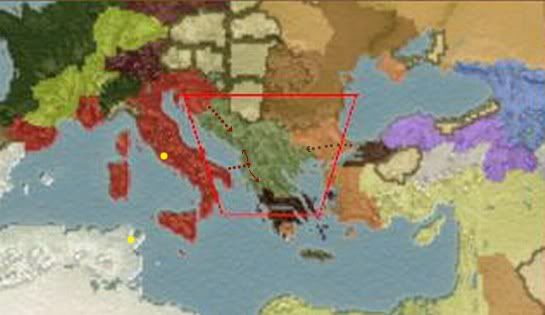
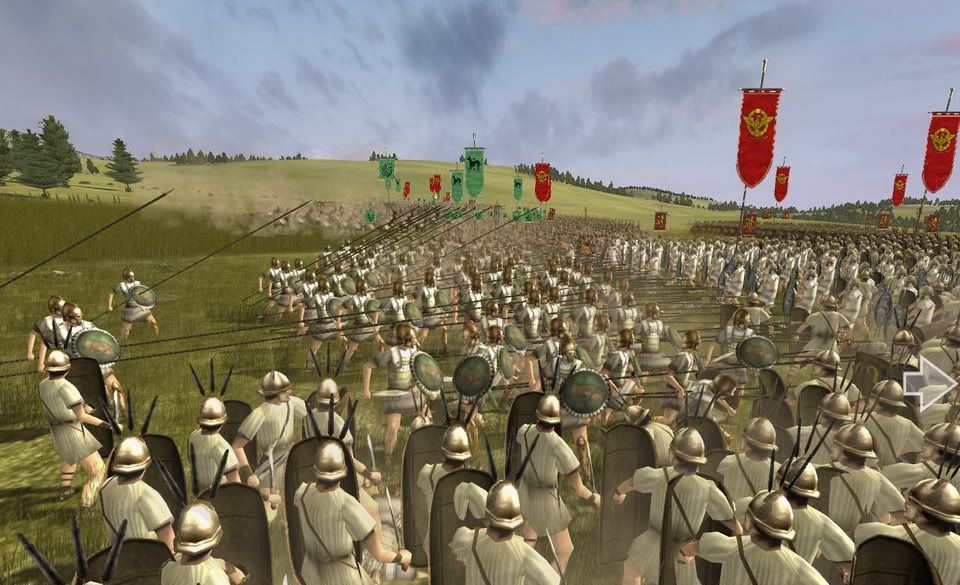

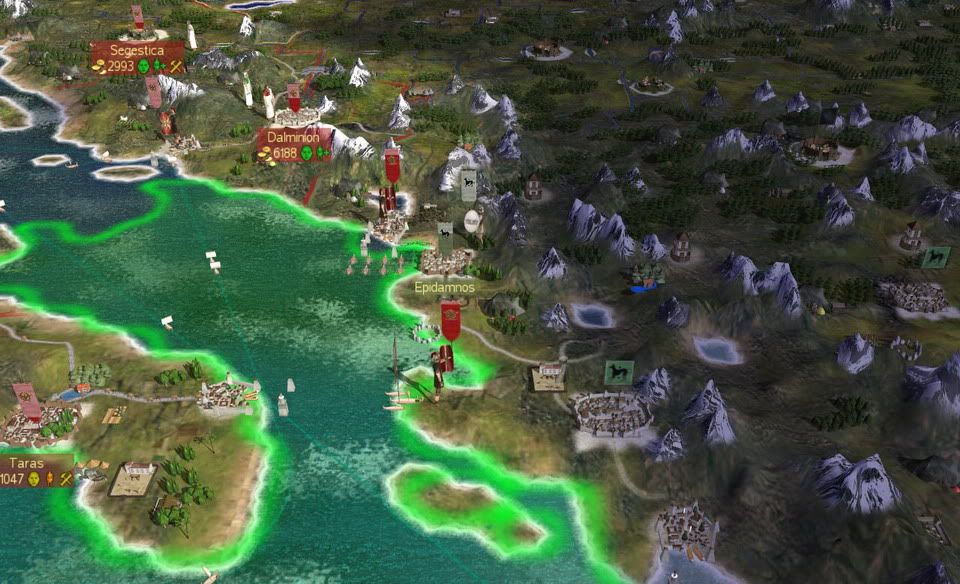
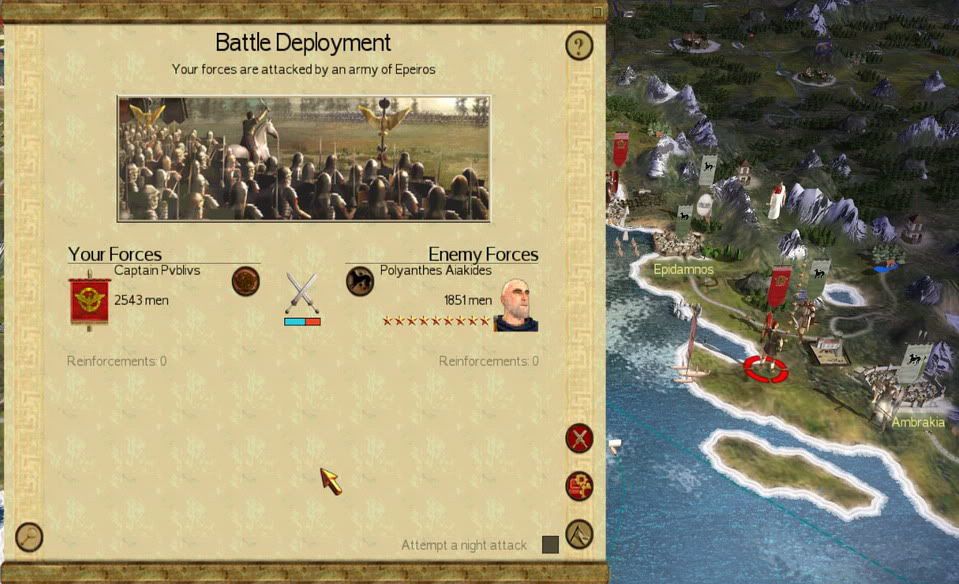
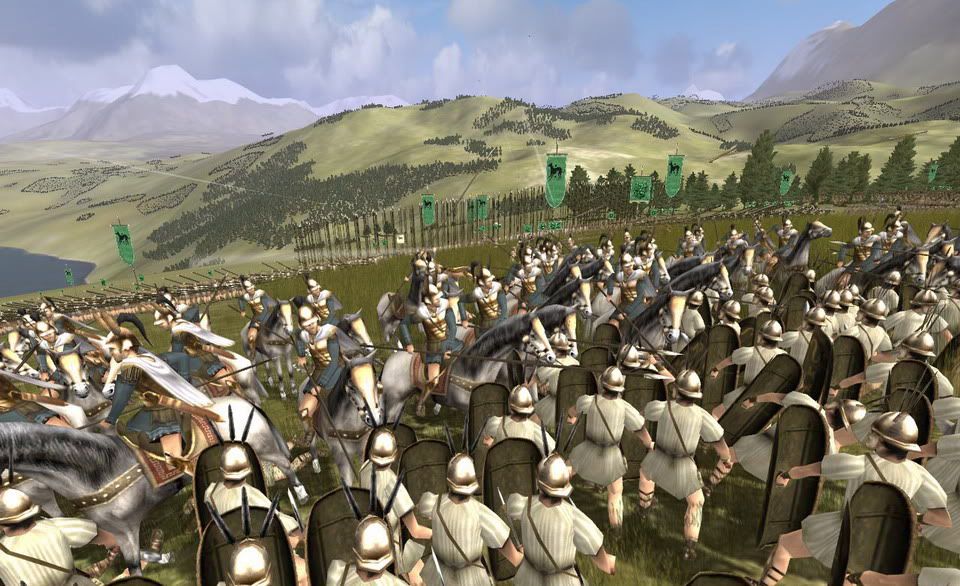
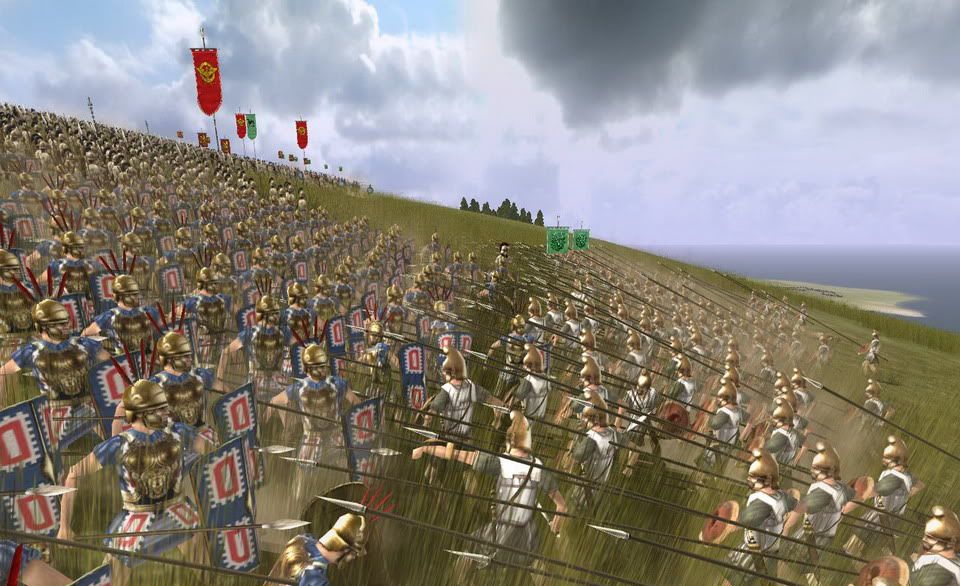
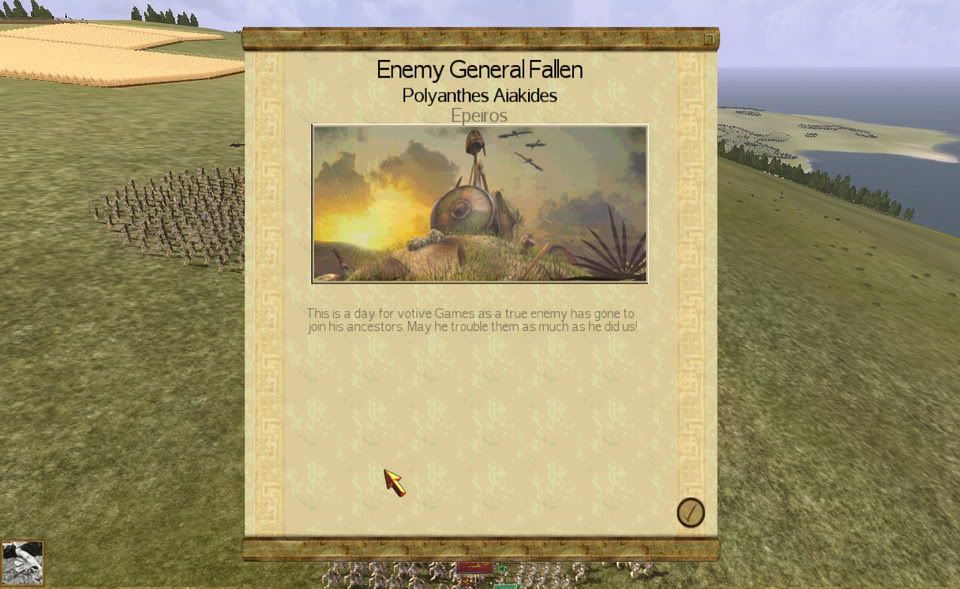
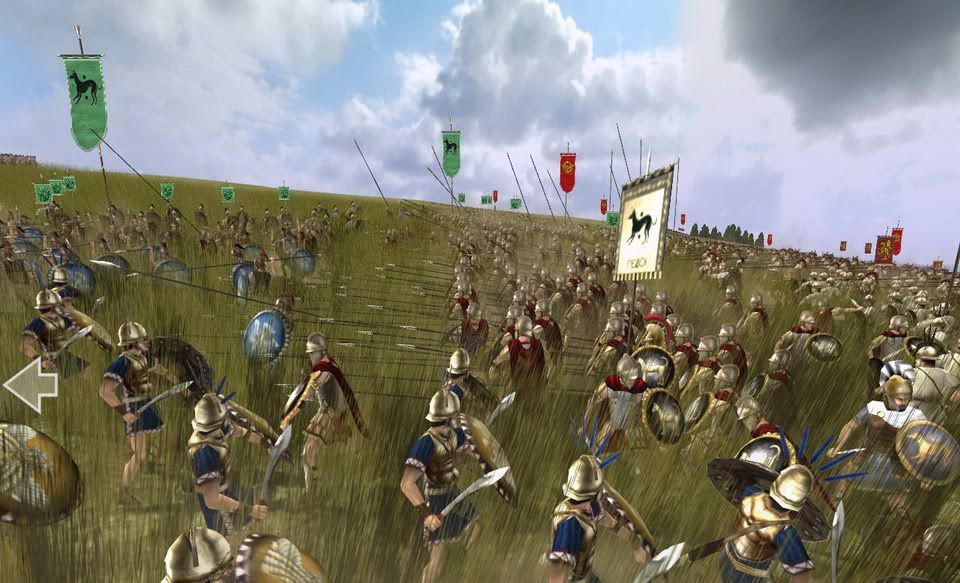


 Reply With Quote
Reply With Quote
Bookmarks